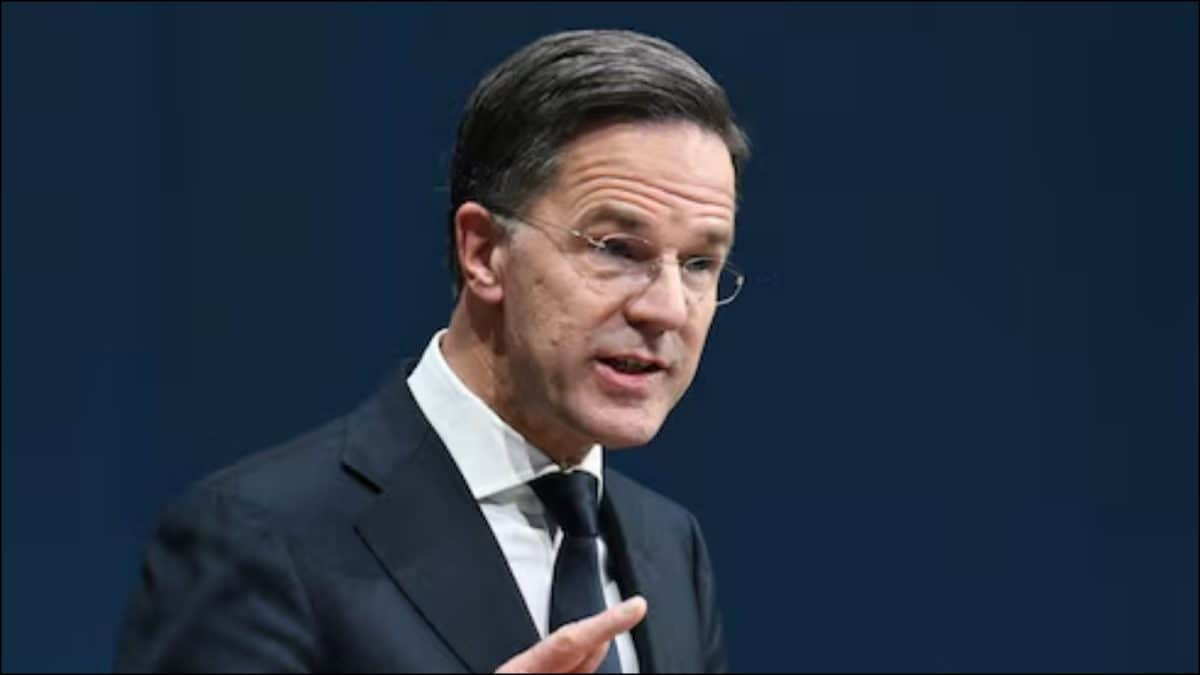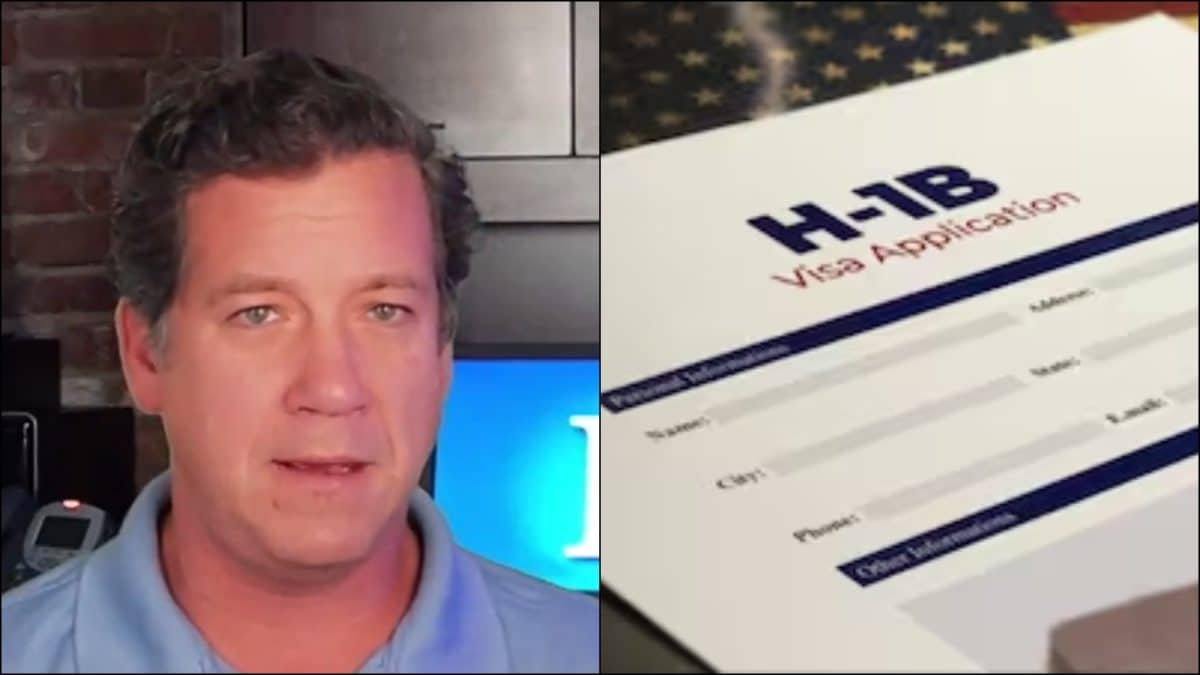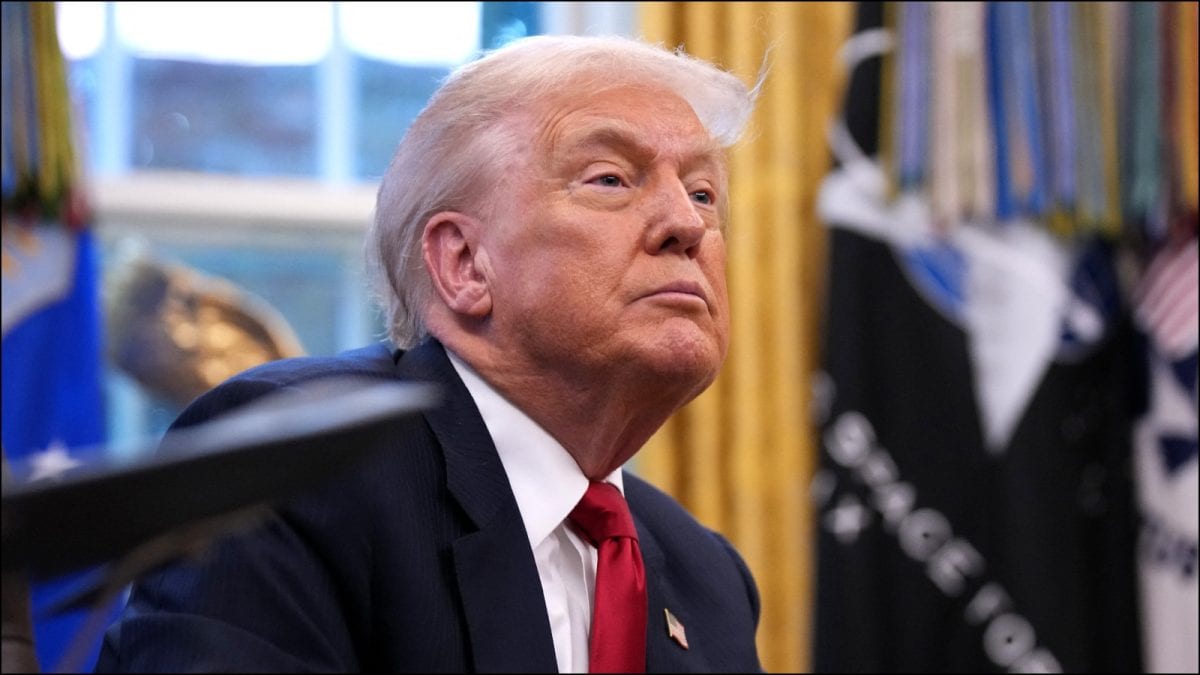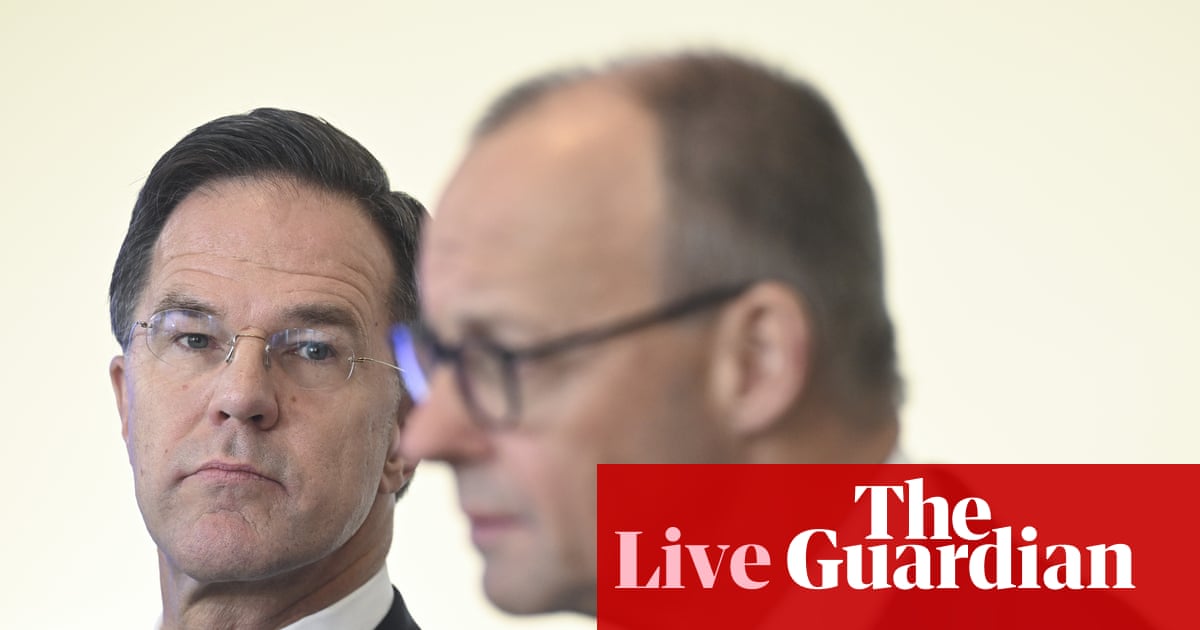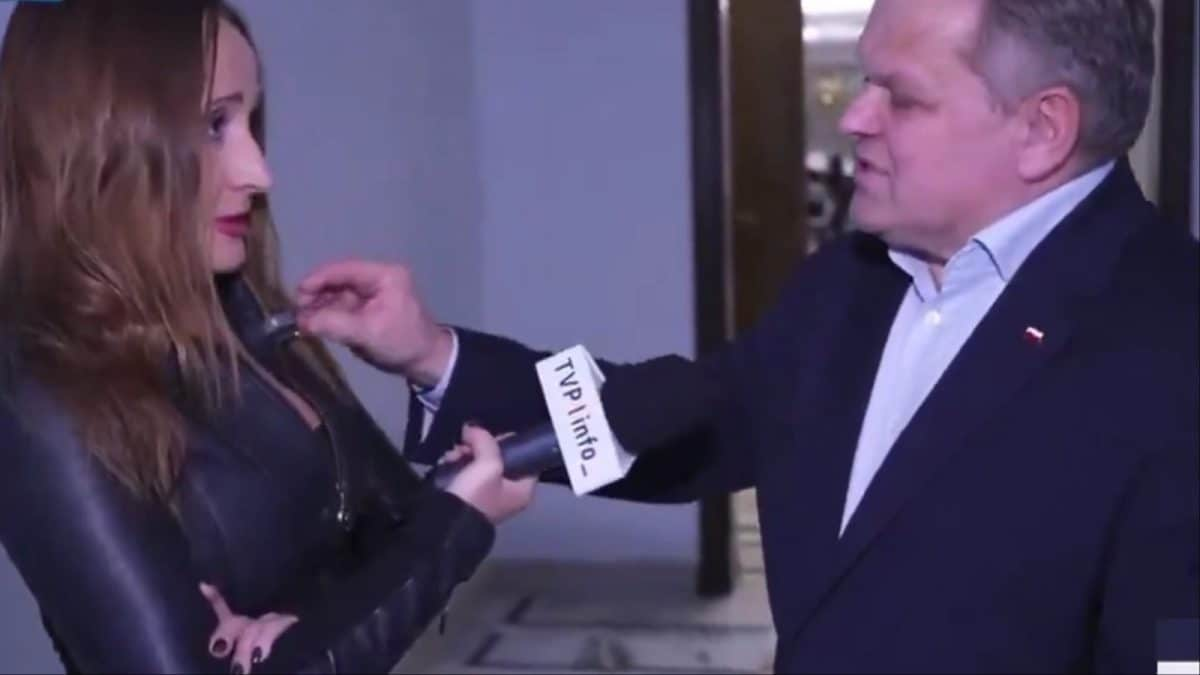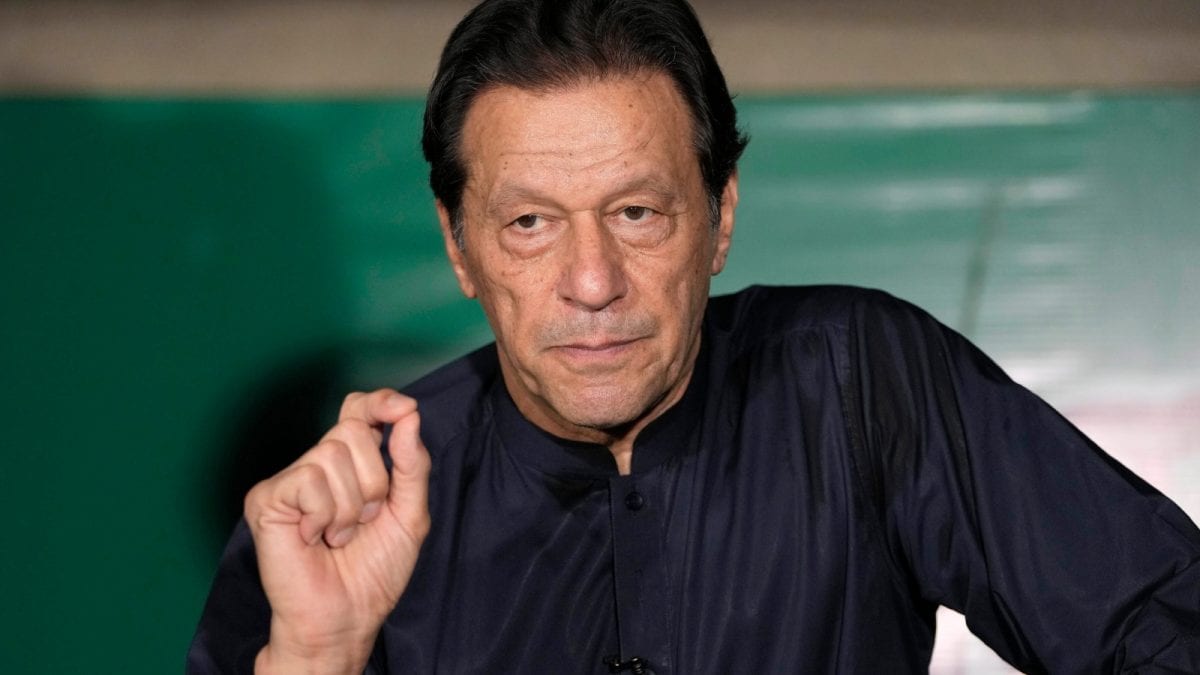Key events Show key events only Please turn on JavaScript to use this feature
Can you call an MP a “liar” in parliament?
You might laugh at me posing this question, but the issue in front of the speaker at the moment, is a complaint from the opposition that Jim Chalmers was unparliamentary in calling the shadow treasurer a liar.
Cue a rather long back and forth…
At one point, manager of opposition business, Alex Hawke, points to the PM and says “if lying is in order, this is a liar”.
Tony Burke argues back and says that comment was unparliamentary. Milton Dick says that Chalmers didn’t actually direct his comments about “lies” to one person, and asks both Chalmers and Hawke to withdraw their comments.
I will … remind everyone that word is fraught with danger. Please don’t use it.
Chalmers accuses opposition of telling ‘egregious lies’ about government spending
Next up the shadow treasurer, Ted O’Brien, asks the prime minister if he will take responsibility for Jim Chalmers’ “spending spree”.
Chalmers gets up to answer the question (which was directed to the PM). “Clearly not” says O’Brien, who then gets a warning by the Speaker, Milton Dick, for continuing to interrupt after asking the question.
Chalmers starts with a dig, and says, “I’m pleased that the member for Fairfax has taken a brief break from undermining his own leader.”
He then accuses the opposition of making “egregious lies” about government spending.
Government spending was not mentioned by the Reserve Bank governor yesterday, it wasn’t mentioned in the board statement. And the only mention – the only mention in the detailed forecast which were released which were [to] downgrade their assumptions about government spending going forward. From time to time, reluctantly, it is on us to point out the egregious lies being told by those opposite about our economy.
It’s question time
We’re getting straight into it today. Sussan Ley starts and asks if – following a rates hold yesterday – the prime minister will take responsibility for the millions of Australian households that are struggling to afford food.
Followers of the blog will be pretty familiar with the talking points by now – Anthony Albanese says that inflation is half of “what we inherited”, real wages are up and interest rates have dropped three times. Cheaper medicines and cheaper childcare measures also get a mention.
We understand that people are under pressure. They would have been under more pressure had they not got an income tax cut that was opposed by those opposite … They would have been under more pressure if inflation still had a six in front of it which is what we inherited. They would have been under more pressure if the more than 1m jobs that have been created on our watch had not have occurred.
McCormack chides Coalition colleagues for not giving Ley ‘clear air’ as leader
Everyone’s blabbing to everyone, is a bit of the vibe in the Coalition this week, and s MP Michael McCormack is telling his colleagues to stop backgrounding to journos.
The very public fight over net zero, which has stretched to question marks over Sussan Ley’s leadership has been difficult and damaging to the party.
McCormack had a bit of a go at his fellow MPs on Sky News a little earlier:
Backgrounding journalists and calling your parliamentary Coalition colleagues ‘parasites’ – I’m sorry, I can’t wear that.
On Ley’s leadership, McCormack said Ley hasn’t been given “clear air”. You might remember Liberal MP Andrew Hastie said when he quit the frontbench he was doing so to give Ley some clear air.
She hasn’t had any clear air in the five or six months she’s been leader, she’s the first female leader of the Liberal party in 81 years and the first female opposition leader ever. She needs to be given clear air, given a chance.
Abortion remarks ‘unedifying’ and ‘unnecessary distraction’, Hume says
Earlier on Sky News today Jane Hume also weighed in on the four Liberal MPs who tied legislation to protect paid leave for the parents of a stillborn baby to late-term abortions.
Hume said she respects other views but, “let’s not use important legislation as a vehicle for personal crusades.”
I think that there was a bit of horror from many of the women in our party … this is a very serious and deeply personal issue.
I thought it was an unnecessary distraction and perhaps a bit of an error of judgment. I respect their views, they’re not my views, and I don’t think it was a particularly edifying moment for us.
Hume wouldn’t be drawn on whether the comments would impact Andrew Hastie’s leadership ambitions.
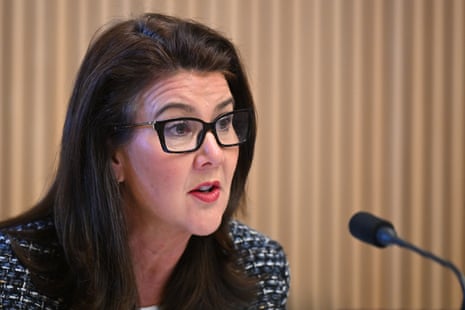
Bill to establish centre for disease control passes Senate
The government has passed its bill to establish a centre for disease control through the Senate with amendments from the Greens.
The Greens secured an amendment to ensure the annual report includes the impact of the climate crisis on Australians’ health and an update preparedness for future pandemics. The CDC’s advisory committee will also include a First Nations person and disabled person with health expertise.
The CDC was a post-pandemic election promise by Labor, which will now go back to the house for a final tick.
Government spending on public health has fallen nearly 30%, new data shows

Melissa Davey
Data published by the Australian Institute of Health and Welfare (AIHW) today reveals that that total government expenditure on public health has fallen.
Total expenditure on public health activities was estimated to be $5.4bn in 2023–24, or about $200 per person. In real terms, this represented a 29.5% or $2.3bn decrease from 2022–23.
Between 2013-14 and 2018-19, government spending on public health grew at an average annual rate of 2.5%. This was followed by an increase of 25.8% in 2019-20, before accelerating significantly during the early pandemic. Since 2022-23, however, public health spending has been on a downward trend.
Public health focuses on prevention, promotion and protection rather than on treatment. Only about 2% of health funding in Australia goes to prevention.
Economic and health experts said the government must to dramatically increase public health spending on prevention, in a peer-reviewed commentary published today in the Australian and New Zealand Journal of Public Health.
This would boost the economy, reduce healthcare and treatment costs and improve Australians’ wellbeing, the paper said.
Nearly 60% of Australians live with chronic disease, one-third of which is preventable.
Lead author of the paper, Associate Prof Jaithri Ananthapavan said:
As well as direct healthcare costs, these diseases cost the economy because people with chronic illness have more days off from work, have reduced productivity while at work and also leave the workforce prematurely.
Melissa McIntosh downplays colleagues’ concerns linking stillbirth leave to late-term abortions

Josh Butler
Shadow minister Melissa McIntosh has downplayed concerns raised by conservative Coalition colleagues about the potential for women to seek late-term abortions in order to access paid parental leave, saying “I’ve never heard of a woman doing that”.
McIntosh, the shadow minister for women, was asked about comments from Andrew Hastie, Barnaby Joyce and others during the debate on Priya’s Law, which would guarantee paid parental leave for mothers who lose their baby.
Numerous conservative Coalition MPs and senators had raised concerns about the law’s interaction with abortions, with Tony Pasin saying he was concerned the bill would “treat an intentionally late-term aborted child in the same way as it would a natural stillbirth or a baby who dies shortly after birth”.
Earlier today, opposition leader Sussan Ley called commentary linking stillborn bill to late-term abortions “insensitive”; Jane Hume called it “unedifying”, adding “I think that there was a bit of horror from many of the women in our party”.
McIntosh defended the right of MPs to raise concerns about conscience issues, though welcomed the passage of Priya’s Law.
I think about the families, and we’ve all got friends and families who’ve lost children so late, and I can imagine how much it stirs emotional turmoil in people.
So that was their decision. And I hope we can move on from that. And I hope that bill that did go through does help some of those Australian families that are going through so much.
Pressed on the issue raised by Hastie, Joyce and others, McIntosh added: “I’ve never heard of a woman doing that. I don’t know, you as reporters, have you ever come across a story where a woman has done that?”
I know that Andrew Hastie is a man of faith, so that’s their position, but that bill did go through, and I hope it does bring some comfort to families that would be very traumatised.
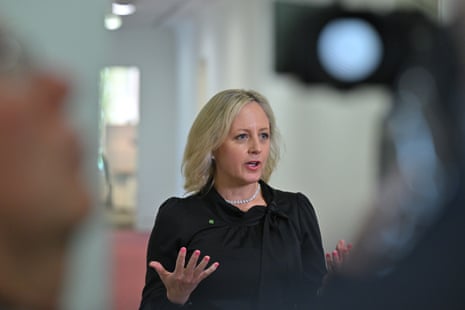
Liberal senator says ‘no challenge on’ against Sussan Ley as net zero emissions debate continues
Jonno Duniam has backed his leader as the public and private debate over the Liberal party’s energy policy and future leadership prospects continue.
Speaking to Sky News, the conservative senator says it’s been a “difficult time” for the party.
There is no challenge on, and Sussan Ley has, I think, led this debate very well … Sussan has been very constructive and conciliatory about this, and managed to enable us to have our say in a robust way.
On the net zero issue, Duniam says there will be an “element” of the ’s policy to tie emissions reduction in Australia to OECD nations.
Asked about whether the party should keep a commitment to net zero by the end of the century, Duniam says:
I think that what has happened in this debate is there’s been a lot of wrapping ourselves up in or tying ourselves up in knots about a particular element of this.
They talk about doing what our neighbours do, or at least the OECD equivalents do, in terms of emissions reductions. There will be an element of that in our policy, how it’s framed up. I’ll allow Dan Tehan, when this process is concluded, along with Sussan Ley, to speak about [it].
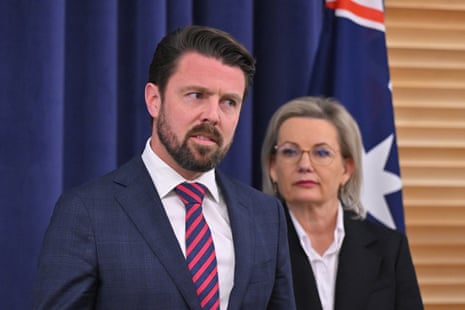

Patrick Commins
Greens to lead Senate inquiry into capital gains tax discount
The Greens will lead a Senate select committee inquiry into the capital gains tax discount, after a successful motion by senator Nick McKim on Tuesday.
The investor tax break, introduced in 1999, delivers a 50% tax discount on the capital gains made from selling an asset which had been held for longer than 12 months.
The CGT, in conjunction with negative gearing rules, has been blamed for fuelling rampant speculation on housing which has contributed to soaring home prices and today’s affordability crisis.
Like a similar inquiry into the stage 3 tax cuts before they were remodelled, the Greens inquiry will also highlight the inequity of tax rules that disproportionately benefits wealthier Australians.
Parliamentary Budget Office analysis commissioned by the progressive party shows that 65% of the forgone revenue from the CGT discount in 2024-25 went to the top 5% of earners.
In comparison, 36% of the benefits from the original stage 3 tax cuts – which were judged to be too favourable to the rich – would have gone to the top 5% of earners.
The committee is due to report back on 17 March.

 1 month ago
1 month ago


